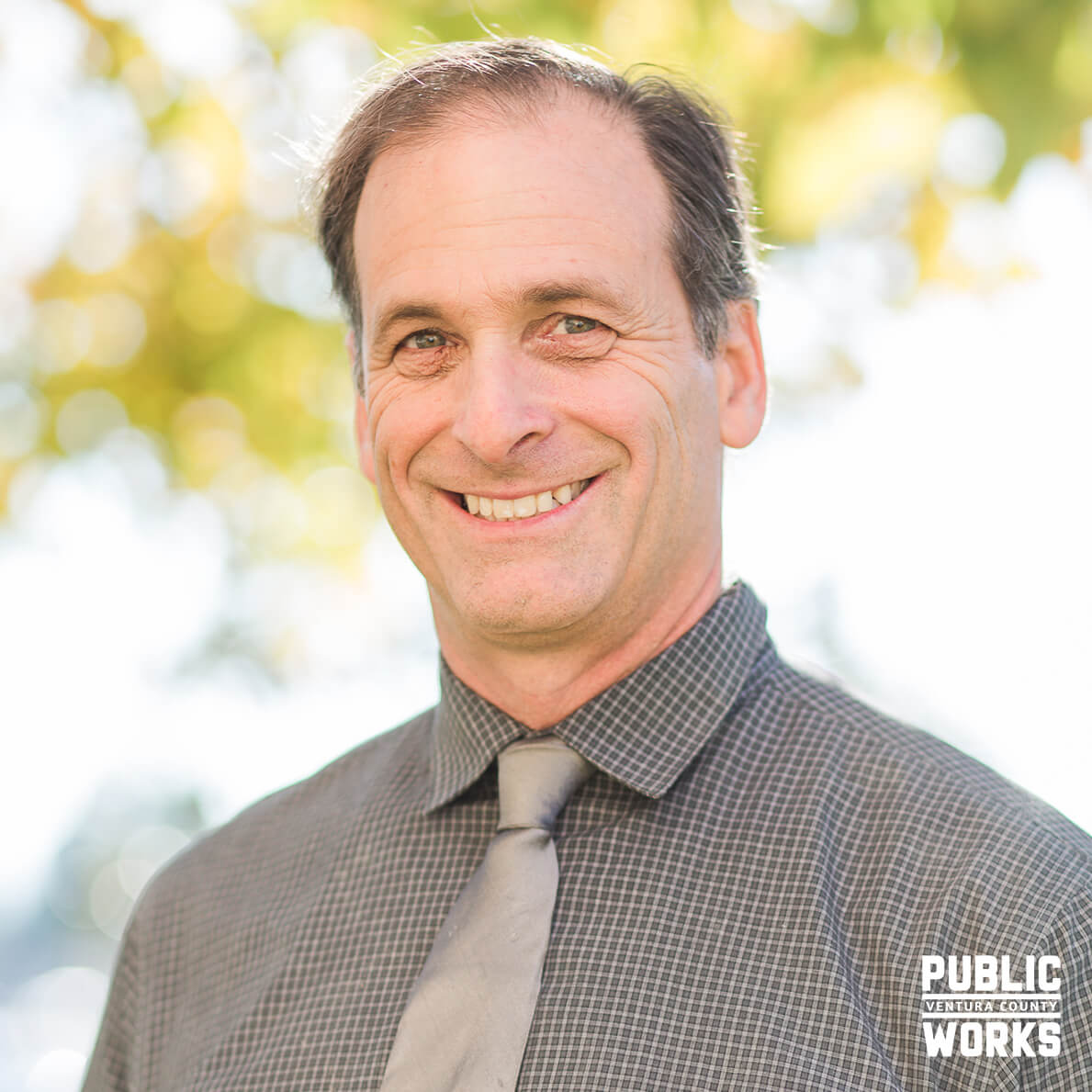VC Star
February 17, 2024
Not just to avoid waste and conserve resources, but also out of respect for a keystone of our civilization, book reuse, rather than book recycling, should be our first resort for discarded books.
Books free of mold, mildew or water stains may be donated to thrift stores; sold on sites such as eBay, Craigslist, or OfferUp; given away to a Friends of the Library organization or through sites such as Freecycle or bookmooch.com; or brought to a bookstore, such as Abednego Books, in Ventura, which accepts used books and, in exchange, offers partial store credit toward book purchases. Through the Little Free Libraries nonprofit organization, some people set up book-swap enclosures in front of their homes.
For 200 or more books at a time, collection can be provided by American Book Drive, based in Simi Valley, which also picks up CDs and DVDs. American Book Drive depends on receiving high quality items among the discards. Their business model involves selling some items and donating funds to a charity chosen by their book donors in exchange for the books. Book drives can therefore also be conducted by schools or nonprofit organizations. You can contact the company at 877-870-7701 or Americanbookdrive.com.
However, all books eventually reach a point of no return. For recycling large numbers of books, Berg Mill offers an option in Ventura County. The company picks up and pays for books stored in quantities of 20 or more gaylords. A gaylord is a large cardboard box capable of holding approximately 1,000 pounds. This option works for book consolidation sites, such as regional sorting centers for thrift store chains, school district warehouses and large Friends of the Library sorting centers with sufficient storage space.
For curbside recycling programs and recycling in commercial bins in Ventura County, instructions vary by hauler.
In areas collected by Harrison Industries, softcover books are acceptable but hardcover books are limited. The guideline in these areas is “no more than 10 hardcover books at a time,” according to Daniel Marks, with Berg Mills, which markets material sorted at Gold Coast Recycling in Ventura. “Any more than that and there is a chance it could end up in one bale, making it difficult to recycle,” he said. The spines of hardcover books must be cut off with device called a “guillotine” before the paper can be recycled. Buyers balk at loads requiring too much labor to process.
In areas collected by Athens Services, softcover books are allowed only in amounts less than 100 books, while hardcover books are not allowed at all. Rondi Guthrie, a spokesperson for the company, also warns tactile books with mixed materials, plastic coated sleeves, water-resistant paper and books made from bamboo, plastic, or any material other than wood pulp must also be excluded from recycling. Additionally, some children’s books play music or have other battery-operated features, making them hazardous waste, she noted.
Vanessa Caustrita, communications specialist for WM, formerly Waste Management, reported her company places no restrictions on paperback books but suggests customers determined to recycle hardback books should separate the book pages and paper jackets from hardback covers and plastic jackets. Only the paper pages and jackets may be placed in WM recycling carts.
David Goldstein, an environmental resource analyst with the Ventura County Public Works Agency, can be reached at 805-658-4312 or david.goldstein@ventura.org.







